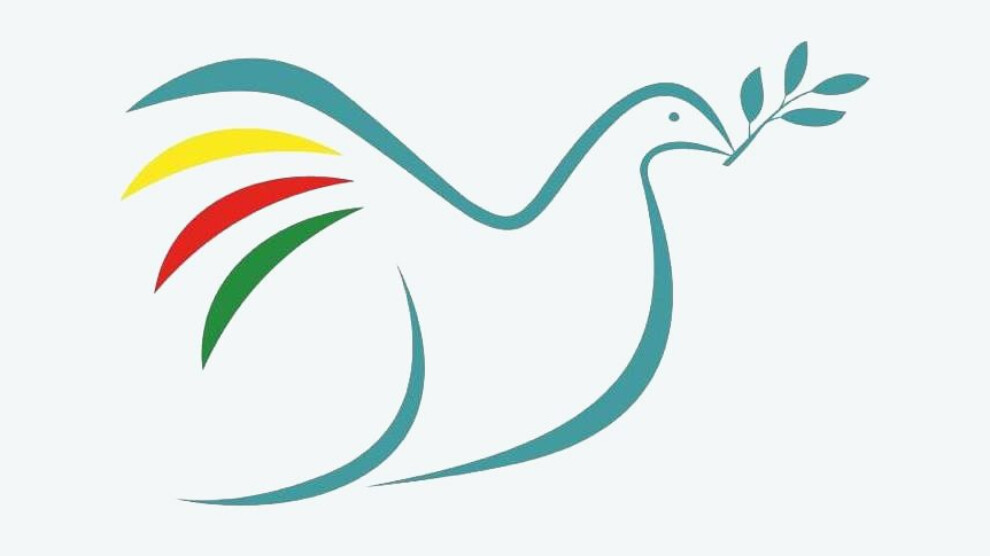Stop Turkey’s use of chemical weapons, says Peace in Kurdistan
Peace in Kurdistan Campaign issued a statement to condemn the use of chemical weapons by the Turkish state.
Peace in Kurdistan Campaign issued a statement to condemn the use of chemical weapons by the Turkish state.

Peace in Kurdistan Campaign said in a statement that “since Turkey’s armed forces invaded northern Iraq/South Kurdistan on 23 April 2021 there have been reports that it has been using chemical weapons against Kurdish guerrillas in the regions of Zap, Metina and Avasia.”
The statement recalled that “the International Physicians for the Prevention of Nuclear War have called on the United Nations to start investigations into the use of chemical weapons by the Turkish army in South Kurdistan. The frequency of the use of these weapons and their lethality has increased in the past two months – there are now reports of over 300 separate uses. The evidence of this international crime and the casualties resulting from chemical weapons use are mounting up. Turkey is a member of the Organisation for the Prohibition of Chemical Weapons (OPCW) and a signatory of the Chemical Weapons Convention. Its government must be held to account. Failure to hold the perpetrators to account will encourage others to commit this crime. Impunity will encourage copycats. Turkey will be held as an example of the ‘successful’ use of chemical weapons.”
Peace in Kurdistan added: “This is not the first time that the Kurds have been subjected to chemical warfare. In 1919, Winston Churchill as Secretary of State ‘For War and Air’ suggested that the RAF should use chemical agents during the revolt in Iraq: ‘I am strongly in favour of using poisoned gas against uncivilised tribes.’ By uncivilised tribes Churchill meant the local Kurdish, Arab and other peoples. His rationale was cost effectiveness. Saddam Hussein and the Iraqi army used chemical weapons against the Kurds in Halabja on 16 March 1988 towards the end of the Iran-Iraq war. Over 5,000 people were killed in Halabja. There were reports that Turkey had used chemical weapons during its invasion of Afrin in 2018 and its occupation of Gire Spi and Serekaniye in 2019. The international community’s failure to sanction Turkey for these invasions has encouraged the drive into barbarity.”
The statement continued: “Outrage greeted the attempted killing of Sergei Skripal and his daughter Yulia with a chemical agent in Salisbury, England in March 2018. In its aftermath and after reports of chemical weapons use by the government in Syria, the then Foreign Secretary Boris Johnson said that, ‘The United Kingdom has tabled [a] draft decision aimed at strengthening the ban on chemical weapons.’ In June 2021, the UK’s Ambassador to the United Nations, Barbara Woodward, responded to the UN and the OPCW statements that eight chemical weapons attacks were attributable to the Syrian state by saying, ‘It’s clear that the regime retains chemical weapons capability and willingness to use it.’ With the recent escalation in their use by Turkey we are in danger of seeing chemicals becoming the weapon of choice in the Middle East and elsewhere.
Britain signed the relevant Geneva Protocol on 9 April 1930 which banned the use of toxic gases and bacteria in war. Britain signed the Chemical Weapons Convention on 13 January 1993 and ratified it on 13 May 1996. Chemical warfare is a war crime, the instigator of the Halabja massacre was executed. However, verification of the use of chemical weapons requires political support and in particular the support of the major powers and the United Nations Security Council. We must demand that Turkey is held to account and is forced to stop using chemical weapons.”